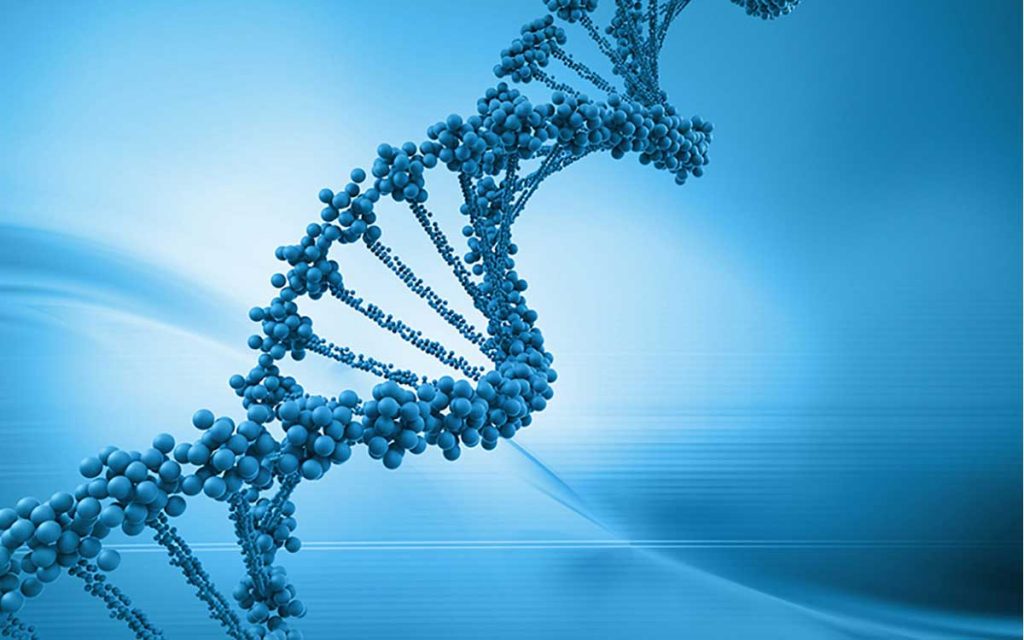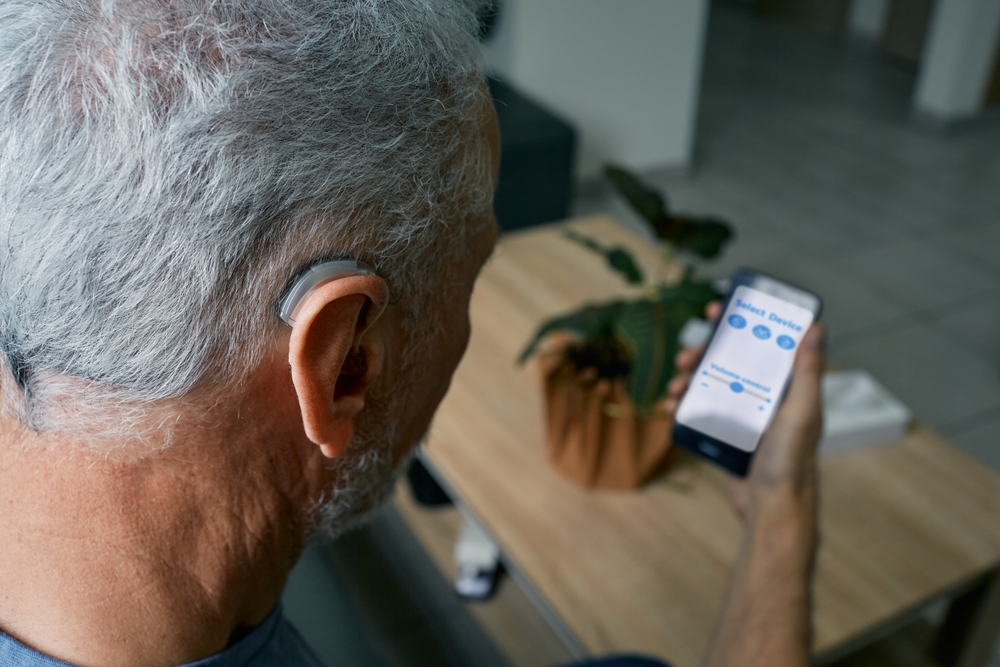Genetics plays an important role in hearing loss, not just in newborns and young children but also as we age. Specific genetic mutations can affect our ability to hear, as can environmental factors that affect the workings of the ears.
Understanding their family histories can alert people of the need for regular hearing tests to catch any problems before they worsen, or to get help from a hearing specialist to find the right hearing aid or other treatment to improve their quality of life.
Genes and Hearing
Inherited genetic defects account for up to 60 percent of hearing loss in infants, and contribute to hearing loss that can occur throughout our lives. Our genes tell our bodies how to work, and several genes tell our brain how to receive and translate sounds. If these genes do not form correctly, it can lead to hearing loss in one or several members of the same family.
One of the most critical parts of the body when it comes to hearing is the cochlea, which turns sound waves in the ear into nerve signals to the brain. Several different instructions play a part in how the cochlea operates, and these instructions are dictated by genes. A mutation in one or more of these genes interferes with the cochlea’s ability to send these instructions to the brain, which can lead to partial or full hearing loss. In these cases, people who inherited these genes from their family can experience hearing problems or hearing loss in conjunction with other symptoms such as vision loss.
Even people who don’t experience hearing loss as a child may lose their hearing as they get older due to their genes. This late-onset hearing loss could be due, for example, to a mutation in the DFNA10 gene that leads to progressive hearing loss as you age. It is also possible for people to be carriers of genes leading to hearing problems, meaning that they have a mutation but do not have symptoms themselves, but could still pass this issue along to future generations.
The Environment and Hearing Loss
Complications that occur after birth and infections during pregnancy can also lead to hearing loss.
Exposure to loud sounds and certain medications can also be problematic, and in some cases, these environmental factors combine with genetic problems to contribute to a loss of hearing either at birth or as we age.
What Can You Do?
Hearing tests completed at birth can alert parents to problems with their babies’ hearing, but that doesn’t help adults determine their genetic risk.
Because family history can play such a huge role in the quality of your hearing, it is essential to talk to your loved ones about any family history related to hearing loss. If you experience any loss of hearing, you should immediately consult a hearing health professional, and this is even more important if your family history is a likely culprit. Hearing loss can also sneak up on you and be subtle, so regular hearing screenings are a good idea if you have a family medical history of hearing loss.
Addressing the problem right away gives your doctor time to treat the hearing loss or to get you fitted with proper hearing aids so that a problem that occurred through no fault of your own doesn’t worsen.


